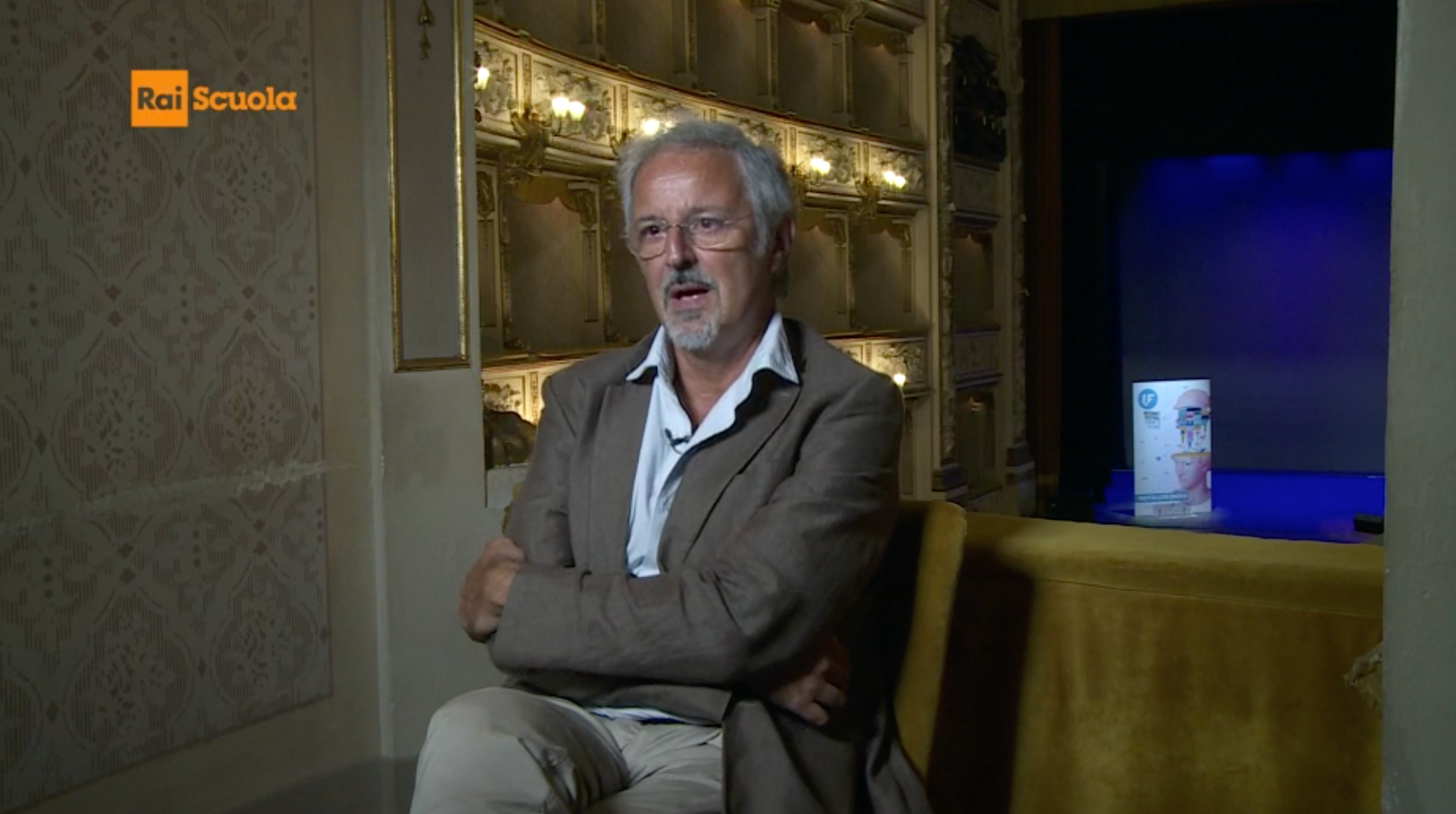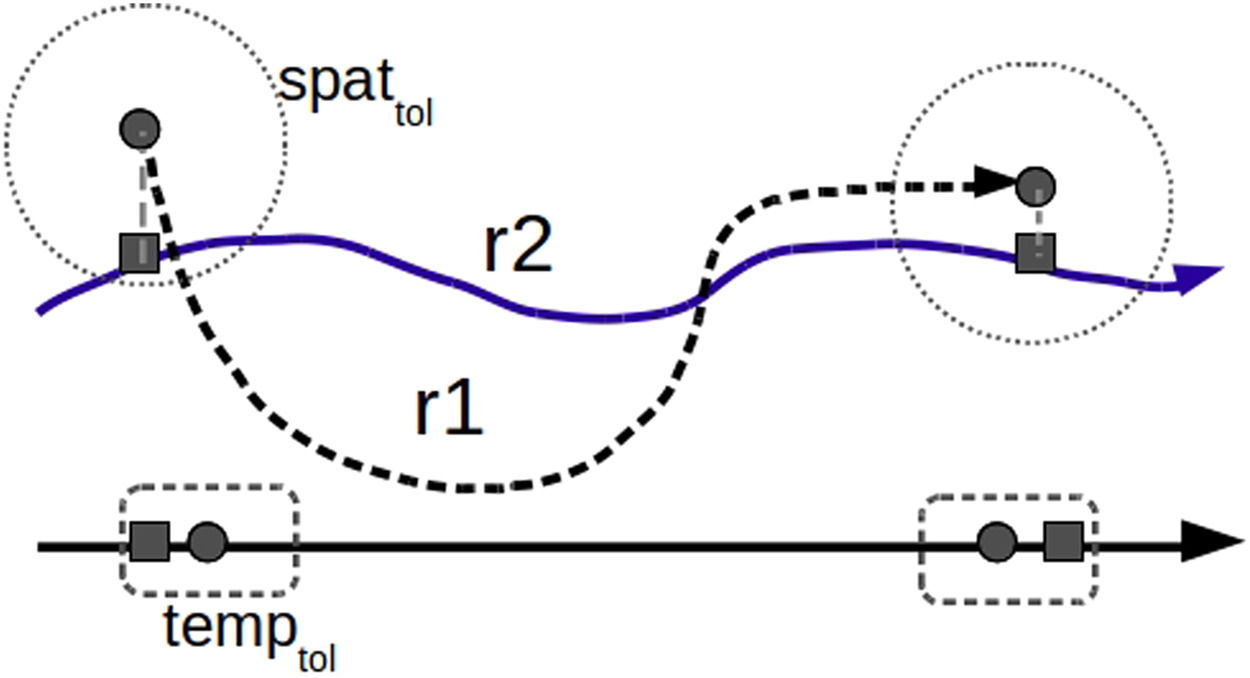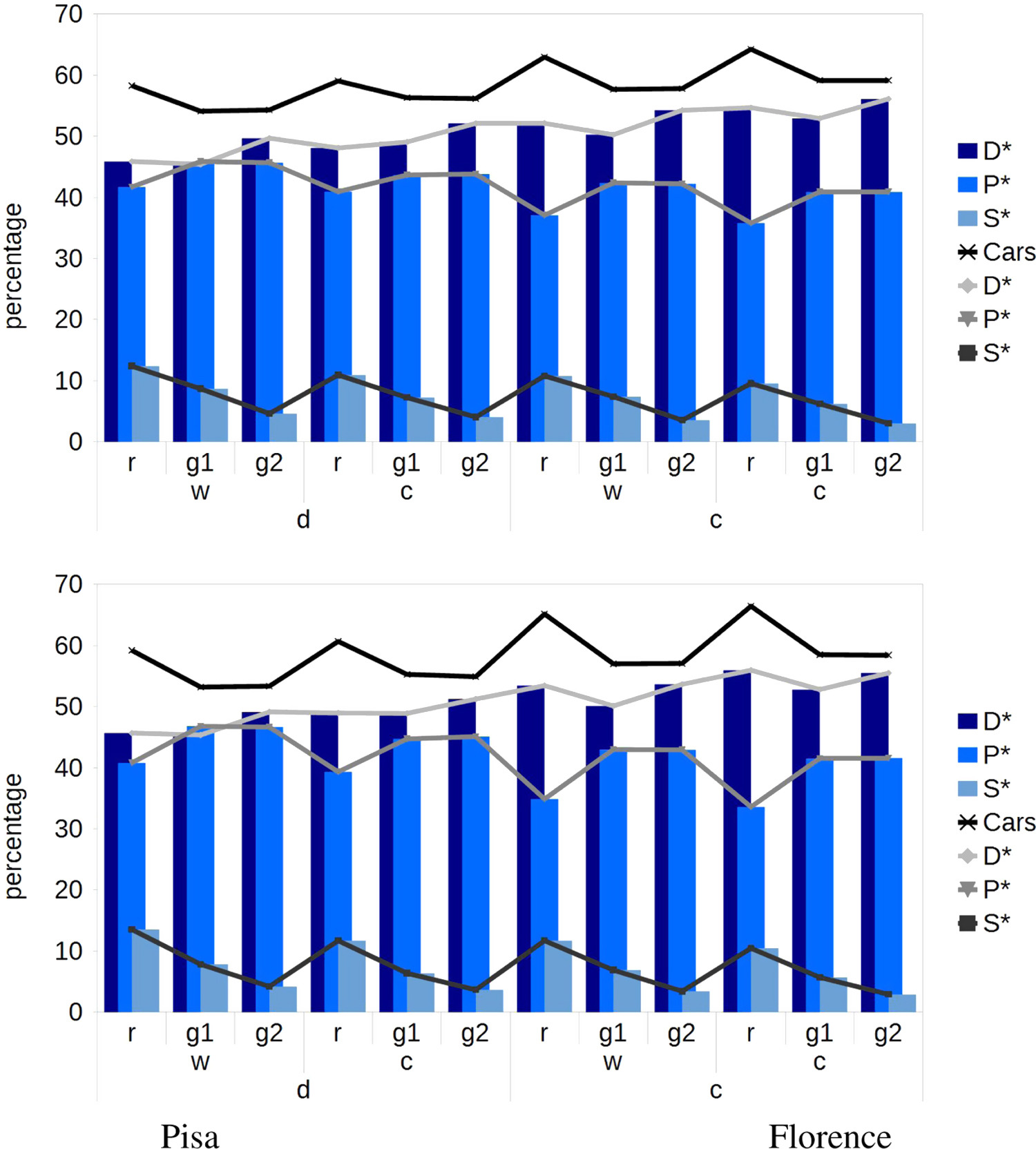Pedreschi Dino
Dino Pedreschi is a Professor of Computer Science at the University of Pisa, and a pioneering scientist in mobility data mining, social network mining and privacy-preserving data mining. He co-leads with Fosca Giannotti the Pisa KDD Lab - Knowledge Discovery and Data Mining Laboratory, a joint research initiative of the University of Pisa and the Information Science and Technology Institute of the Italian National Research Council, one of the earliest research lab centered on data mining. His research focus is on big data analytics and mining and their impact on society. He is a founder of the Business Informatics MSc program at Univ. Pisa, a course targeted at the education of interdisciplinary data scientists. Dino has been a visiting scientist at Barabasi Lab (Center for Complex Network Research) of Northeastern University, Boston (2009-2010), and earlier at the University of Texas at Austin (1989-90), at CWI Amsterdam (1993) and at UCLA (1995). In 2009, Dino received a Google Research Award for his research on privacy-preserving data mining.
Topics:
Big Data Analytics
Social Network Analysis and Mining
Analysis of Human Mobility
Privacy-by-Design and Ethical Data Mining
Nowcasting of Socio-Economic Indicators
Complex Network Dynamics
Data Mining and Knowledge Discovery
Privacy Preserving Data Mining
Constraint-Based Pattern Discovery
Data Mining Query Language
Market Basket Analysis
Fraud Detection
Logic in Databases
Non Monotonic Non Deterministic Temporal Reasoning
Deductive and Object-Oriented Databases
Formal Methods
Logic Programming
2009 Google Research Award on Privacy
2017 University of Pisa Ordine del Cherubino
1989-1990 Visiting scientist at University of Texas, Austin
1993 Visiting scientist at CWI Amsterdam
1995 Visiting scientist at UCLA
2009-2010 Visiting scientist at Barabasi Lab (Center for Complex Network Research) of Northeastern University, Boston
2004 Co-Chair of ECML/PKDD
2005 Vice-Chair of ICDM
2014 Vice-Chair of ICDE
1987 Ph.D. in Computer Science at University of Pisa


- Position
- Full Professor
- Affiliation
- Department of Computer Science, University of Pisa (DI-UNIPI)
- Room
- 318
- Phone
- +39 050 221 2752
- Homepage
- Google Scholar
- Dino Pedreschi on Google Scholar
- DBLP
- Dino Pedreschi on DBLP
- Scopus
- Dino Pedreschi on Scopus
- ArnetMiner
- Dino Pedreschi on ArnetMiner
- Dino Pedreschi on Twitter
Projects
MODAP - Mobility, Data Mining & Privacy
- ‹ previous
- 3 of 3
Publications
2019
-
, “Algorithmic bias amplifies opinion fragmentation and polarization: A bounded confidence model”, PloS one, vol. 14, p. e0213246, 2019.
-
, “Public opinion and Algorithmic bias”, ERCIM News, 2019.
-
, “The AI black box Explanation Problem”, ERCIM NEWS, pp. 12–13, 2019.
-
, “A public data set of spatio-temporal match events in soccer competitions”, Scientific data, vol. 6, pp. 1–15, 2019.
-
, “Factual and Counterfactual Explanations for Black Box Decision Making”, IEEE Intelligent Systems, 2019.
-
, “PlayeRank: data-driven performance evaluation and player ranking in soccer via a machine learning approach”, ACM Transactions on Intelligent Systems and Technology (TIST), vol. 10, pp. 1–27, 2019.
-
, “Causal inference for social discrimination reasoning”, Journal of Intelligent Information Systems, pp. 1–13, 2019.
2018
-
, “How Data Mining and Machine Learning Evolved from Relational Data Base to Data Science”, in A Comprehensive Guide Through the Italian Database Research Over the Last 25 Years, Cham: Springer International Publishing, 2018, pp. 287 - 306.
-
, “The Fractal Dimension of Music: Geography, Popularity and Sentiment Analysis”, in International Conference on Smart Objects and Technologies for Social Good, 2018.















